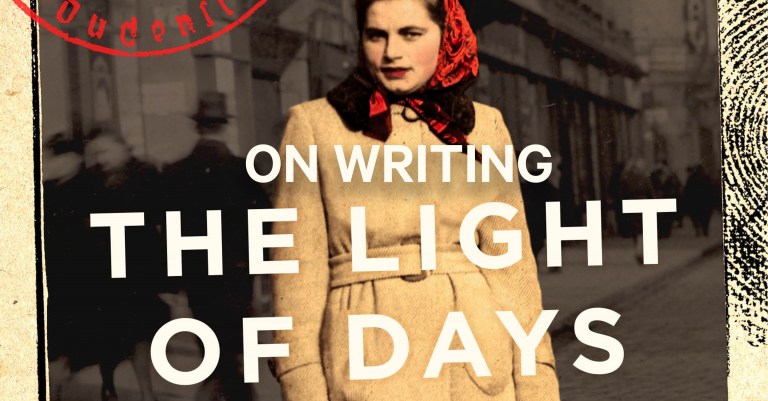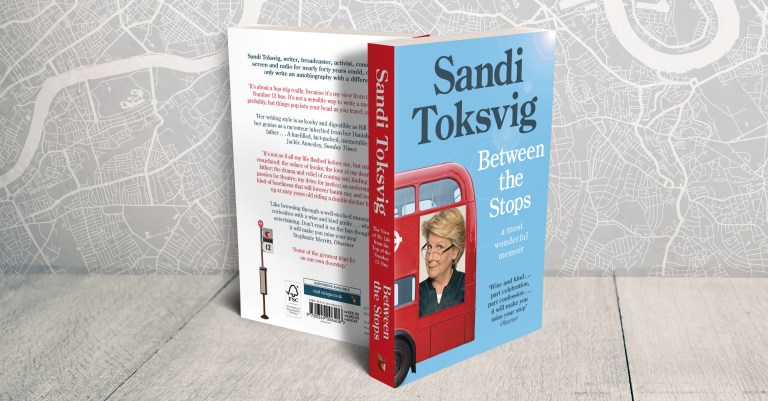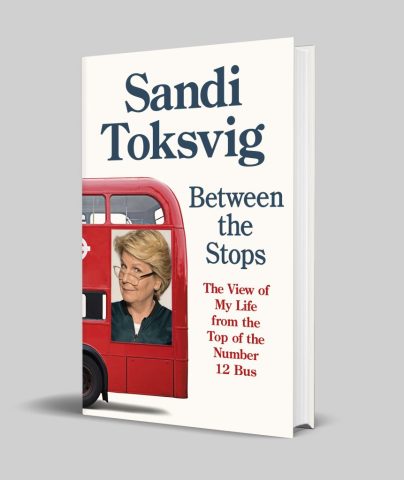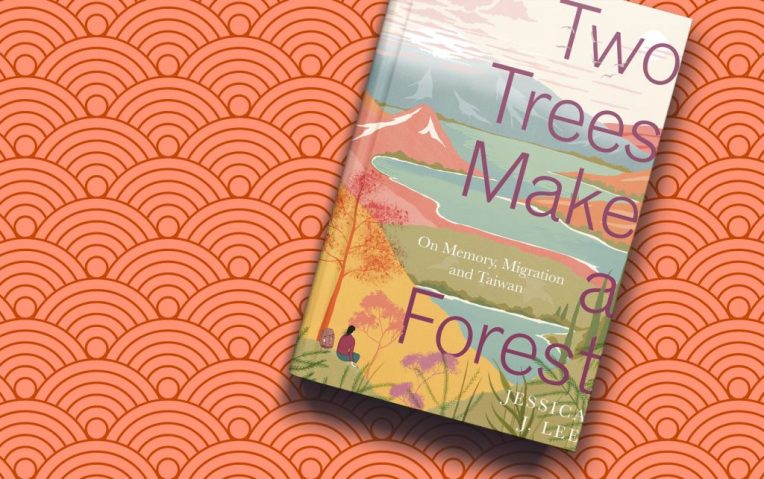Watch Carrie Brownstein at Rough Trade – and start reading Hunger Makes Me a Modern Girl
We’re enormously excited to announce that Hunger Makes Me a Modern Girl – Carrie Brownstein’s candid, funny, deeply personal memoir of making a life in music – has been chosen as Rough Trade‘s BOOK OF THE YEAR!
They say: ‘With prose as deft and clear as her stellar guitar work, Carrie Brownstein’s book is yet more evidence of her formidable array of talents’. It beat off stiff competition from the likes of Kim Gordon, Patti Smith and Nick Cave – you can browse the whole Top 20 here.
We know that some of you didn’t get a chance to see Carrie Brownstein on her whistle-stop book tour of the UK, as some of the events sold out very quickly – including her brilliant Q&A at Rough Trade East. But if you missed it, you’re in luck. The lovely people at Rough Trade filmed the whole thing! Enjoy the full video below.
Carrie Brownstein in conversation at Rough Trade from Rough Trade Shops on Vimeo.
We love this book so much, but you don’t need to take our word for it – critics and readers are loving it too. Here are just some of the things they are saying.
‘Carrie Brownstein writes the way she plays guitar, with raw honesty, passion, and great humor’ – Vanity Fair
‘She can play, but man, can Carrie Brownstein write . . . Her blazing memoir is lit by the same flair for adventure, fearless inquiry, and honesty that mark her gritty licks and trenchant vocals’ – Elle
‘[A] glorious, grungy paean to losing yourself in music’ – Sarra Manning, Red
‘Revelatory, poignant and genuinely funny . . . this memoir reads like a rich and rewarding coming-of-age novel . . . Disarmingly honest and self-deprecating, it’s inspirational reading for aspiring musicians, outsiders and anyone trying to make sense of their life’ – List
Finally . . . if you’re still wondering whether to put Hunger Makes Me a Modern Girl on your Christmas list, this should sway you – it’s the brilliant prologue and start of Chapter One. Enjoy!
PROLOGUE
2006
I only wanted one thing on tour: to slam my hand in a door and break my fingers. Then I would go home.
I had shingles on the right side of my body, brought on by stress, a perfect triangle of blisters that flickered and throbbed with a stinging electricity. At night I could barely sleep from the discomfort, flailing about in a twin bed in a dingy European hotel room while a bandmate dozed a foot away from me. During the day, on the long drives between European cities, I rode in the back of a Sprinter van, pressed against the firm handshake of the seat, rigid and without any give. I watched DVDs of an American television show on my computer, the first season of a drama all about plotting an escape from prison. Occasionally I glanced at my fingers and thought about how hard I’d have to slam the door.
On May 27, my band Sleater-Kinney arrived in Brussels, Belgium, to play a venue called Le Botanique. The shingles virus made me a loner. Janet had never had the chicken pox as a child, and thus I was contagious to her. After Janet checked in with her sister, a doctor in L.A., the term “airborne” entered the conversation. But I already felt liminal and weightless, outside myself, a series of free-floating particles that only occasionally cohered into humanness, into arms and legs. Tour reassembles you; it’s a fragmentary and jarring existence even without an added illness or malady. But now I could not find the floor; I was outside the room, outside myself. The three of us hung around backstage before the show: fluorescent lights, a mirror, buckets of ice, a picked‑at deli tray. Corin gingerly helped button the back of my shirt, careful not to touch me or get too close. It’s okay, I thought, this isn’t my body, I’m not here.
The show was about to start and I couldn’t feel a thing.
Sleater-Kinney was my family, the longest relationship I had ever been in; it held my secrets, my bones, it was in my veins, it had saved my life countless times, it still loved me even when I was terrible to it, it might have been the first unconditional love I’d ever known.
And I was about to destroy Sleater-Kinney.
CHAPTER 1
The Sound of Where You Are
I’ve always felt unclaimed. This is a story of the ways I created a territory, something more than just an archipelago of identities, something that could steady me, somewhere that I belonged.
My story starts with me as a fan. And to be a fan is to know that loving trumps being beloved. All the affection I poured into bands, into films, into actors and musicians, was about me and about my friends. Once, in high school, I went to see the B‑52s. I pressed myself against the barrier until bruises darkened my ribs, thrilled to watch Kate Pierson drink from a water bottle, only to have my best friend tell me that to her the concert wasn’t about the band—it was about us, it was about the fact that we were there together, that the music itself was secondary to our world, merely something that coloured it, spoke to it. That’s why all those records from high school sound so good. It’s not that the songs were better—it’s that we were listening to them with our friends, drunk for the first time on liqueurs, touching sweaty palms, staring for hours at a poster on the wall, not grossed out by carpet or dirt or crumpled, oily bed sheets. These songs and albums were the best ones because of how huge adolescence felt then, and how nostalgia recasts it now.
Nostalgia is so certain: the sense of familiarity it instils makes us feel like we know ourselves, like we’ve lived. To get a sense that we have already journeyed through something—survived it, experienced it—is often so much easier and less messy than the task of currently living through something. Though hard to grasp, nostalgia is elating to bask in—temporarily restoring colour to the past. It creates a sense memory that momentarily simulates context. Nostalgia is recall without the criticism of the present day, all the good parts, memory without the pain. Finally, nostalgia asks so little of us, just to be noticed and revisited; it doesn’t require the difficult task of negotiation, the heartache and uncertainty that the present does.








